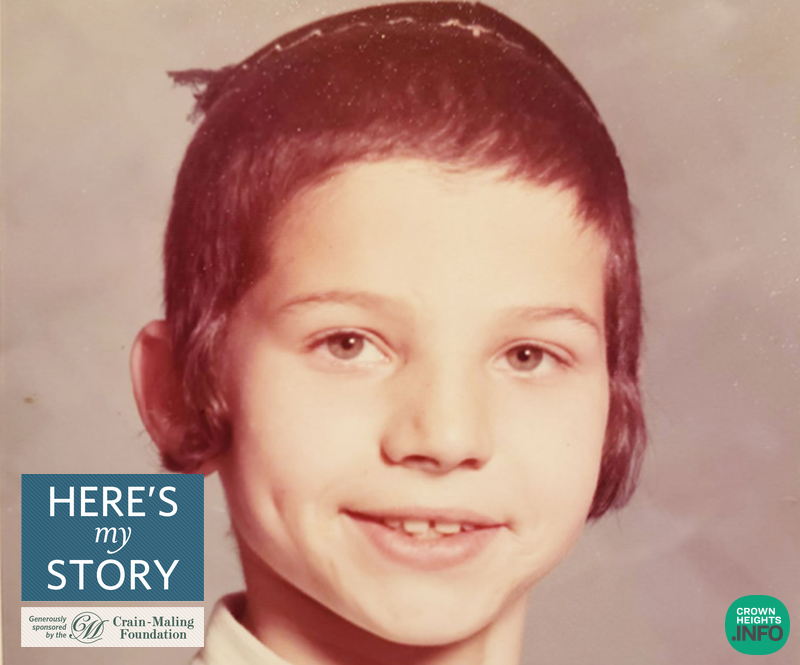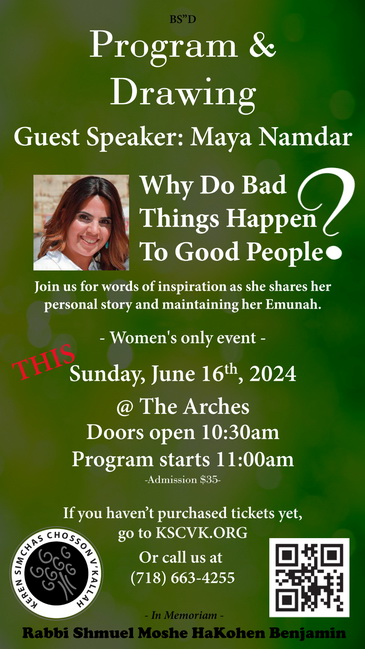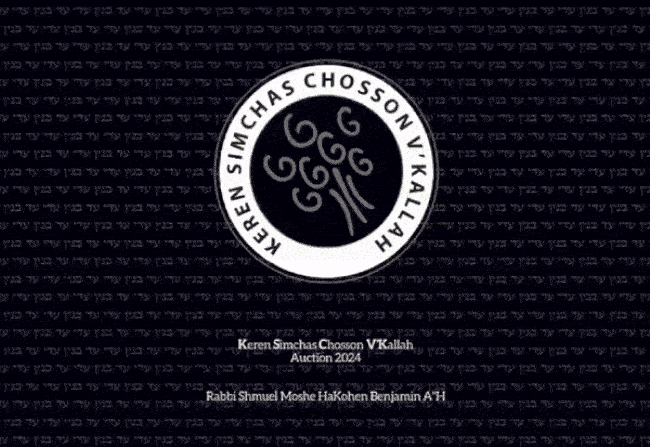
Here’s My Story: The Last Cup Of Wine
Rabbi Sholom Raichik
Click here for a PDF version of this edition of Here’s My Story, or visit the My Encounter Blog.
My father, Rabbi Shmuel Dovid Raichik, would go to New York every year for all the festivals of the month of Tishrei, from Rosh Hashana through Simchat Torah. Sometimes, other members of our family would go along. In 1972, my father decided that I should join him and my older brothers in New York for Shemini Atzeret and Simchat Torah.
When we had our audience with the Rebbe, he gave me a blessing for my ninth birthday, which was coming up on the ninth day of Kislev, and noted that it was a special one: “Nine on nine,” he commented in Hebrew: Tes on Tes.
The Rebbe also tested me on my studies in the Talmud. We were learning about the kinds of identifying signs one can use to prove ownership over a lost object.
Inside the room, there was a clock on the bookshelves that stood behind us. “What could serve as a sign for such a clock?” queried the Rebbe.
“The color of this clock could be a sign,” I suggested, and the Rebbe accepted my answer. There were three of us in the room at the time – me, one of my older brothers, and my father – but the Rebbe spent most of the audience focusing on me.
But all of this came at the end of our visit to New York. There was another personal interaction I had with the Rebbe before then, just a couple days after my arrival.
The trip from Los Angeles was actually my first time on a plane; my previous two trips to New York were by train, a two-and-a half-day journey each way. This time, I flew together with Marty Weiss, a family friend, and when we arrived in New York, it was a rainy morning.
Being so young, I was barely aware of what was going on. I was pretty green and had to be told what was happening, where to go, and what to expect.
I was there for the hakafot dancing for Shemini Atzeret, and again the next night for Simchat Torah. Then, the next afternoon, the Rebbe held a farbrengen. My father went to this farbrengen, as did my brothers, and I was left to wander 770 along with other little kids who were running around.
I wound up walking into the foyer outside the Rebbe’s office, known as Gan Eden Hatachton. In those days, it wasn’t kept locked. From the foyer, there is a staircase leading up to the apartment of the Previous Rebbe, and I decided to go up the staircase. The apartment was locked, but I noticed that on the landing there was a soft, padded bench. I was tired, and it was already getting late, so I took off my coat, made a pillow out of it, and laid down.
I was woken up by the sound of singing. Hours had past and the Rebbe was now coming back to his office. As he made his way there, chasidim would stand along his path, accompanying him with their singing, and there were some kids who were singing right in front of the door, which is what woke me up on the landing upstairs. I followed the noise back downstairs, where my father soon found me.
“Where were you?” he asked. “We were looking for you. You missed kos shel bracha!”
At the close of every festival, after the farbrengen, the evening service, and then the Havdalah ceremony, the Rebbe would remain in the synagogue to pour a bit of wine from the cup he had used for Havdalah – also known as kos shel bracha – for each person present. Many people would come for this special occasion, so the Rebbe would stand for about three hours pouring wine for everyone.
At the time, I didn’t know what kos shel bracha was. I had never experienced it before, and so I missed out.
But my father wouldn’t let that happen. He went over to the Rebbe’s secretary to tell him what had happened, and to ask whether I could still receive kos shel bracha. The Rebbe had already gone inside his office, so the secretary entered, spoke to the Rebbe, and then came out and told me to stand next to the door.
Then the door opened, and the Rebbe was standing there holding his silver kiddush cup. He poured a drop of wine into the cup I was holding and told me to say “l’chaim” and to recite the blessing over wine.
I made the blessing, and drank my kos shel bracha.
At the time, I didn’t think much of this experience. But as an adult looking back, I see more. There was the Rebbe, after the High Holidays, Sukkot, Shemini Atzeret – very intense days when the Rebbe would exert tremendous energy – and then Simchat Torah, when the Rebbe would celebrate with the chasidim all night and then again during the day, culminating in a six hour fabrengen, followed by hours of distributing kos shel bracha. After all this, at 3:30 AM, the Rebbe finally returned to his private room, only to be informed about twenty minutes later that a little boy of eight and a half had missed out. He easily could have sent some wine out with one of his assistants, but he didn’t do that. He stood up, came back outside, and gave me kos shel bracha directly from his hand.
I took it for granted – and in general, how many other people appreciated such things back then? This was the personal care that the Rebbe displayed all the time. This story happened when the Rebbe was seventy, and the Rebbe continued this way in the decades that followed – he didn’t ignore anyone; nobody was ever passed over!
Since 1990, Rabbi Sholom Raichik has been serving as the Chabad representative in Upper Montgomery County, Maryland. He was interviewed in February 2024.















